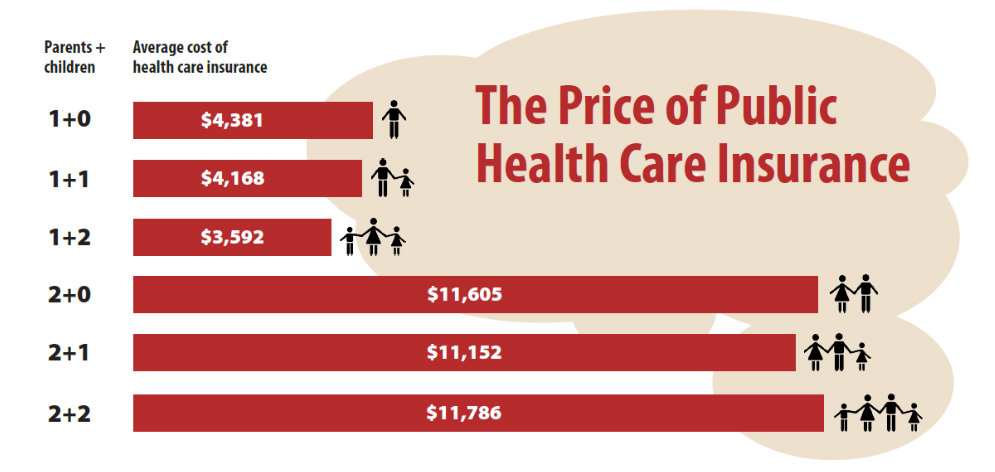After an hour on the phone, most of which was hold time, a call center employee had entered the several pages of information (names, dates of birth, addresses, etc.) into an application on her computer twice without success. She suggested that it might be something to do with the fact that our street address has the word “North” in it, which could confused the system if it wasn’t entered to exactly match the records they had received. (So was it N? Or North? Or NORTH? So many options!) We consulted the company benefits office, which advised us to enter everything in all capital letters…
Three hours after beginning my second attempt, I succeeded, or so I thought. DC Health Link congratulated me on my enrollment and I thought a health insurance card would be making its way to my door soon…Once again, that assumption was incorrect. When we hadn’t gotten any information on our new health insurance plans by February 3, I called our new insurance company and see what was up. They said they had no record of our enrollment…
Eventually my family got a letter that did confirm our enrollment. While the letter confirmed that we had enrolled in something, it did not explain why our insurance company didn’t know who we were three days into the month our coverage was supposed to start. (More)
 I recently attended a roundtable discussion that included Human Resource (HR) executives, chief financial officers (CFOs), benefits brokers, consultants and providers who discussed ways self-insured employer plans can lower their health care costs. The meeting was hosted by a state-of-the-art hospital that is part of a small chain of medical facilities, including emergency rooms, imagine, clinics, orthopedic hospitals.
I recently attended a roundtable discussion that included Human Resource (HR) executives, chief financial officers (CFOs), benefits brokers, consultants and providers who discussed ways self-insured employer plans can lower their health care costs. The meeting was hosted by a state-of-the-art hospital that is part of a small chain of medical facilities, including emergency rooms, imagine, clinics, orthopedic hospitals.





